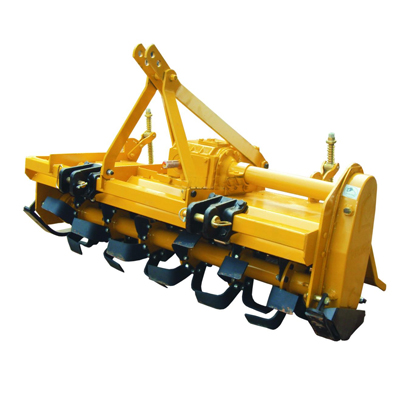Product Profile of Agricultural Purpose Tractor Tiller/ Rotavator
Agricultural Purpose Tractor Tiller/ Rotavator produces a fine seed before or after it rains on every kind of soil with one or two passes only. The Tiller/ Rotavator is suitable for removal of banana, cotton, caster, grass, vegetables etc. The Tiller/ Rotavator has the capability to retain soil moisture and increases soil porosity and aeration, which enhance germination and growth of crops. Agricultural Purpose Tractor Tiller/ Rotavator can also be used in dry and wet paddy condition for paddling.
Applications of Agricultural Purpose Tractor Tiller/ Rotavator:
Banana
Cotton
Caster
Grass
Vegetables
Key Features of Agricultural Purpose Tractor Tiller/ Rotavator
- Produces a fine seed before or after it rains on every kind of soil with one or two passes only
- Has the capability to retain soil moisture and increases soil porosity and aeration, which enhance germination and growth of crops
- Can also be used in dry and wet paddy condition for paddling
- Saves time, fuel, soil compaction and wear and tear of the tractor
- It also accomplishes better pulverization in shortest time and leaves the worked soil perfectly levelled
- Stubbles and residues of previous crop are chopped into pieces and thoroughly mixed in soil to form organic manure

